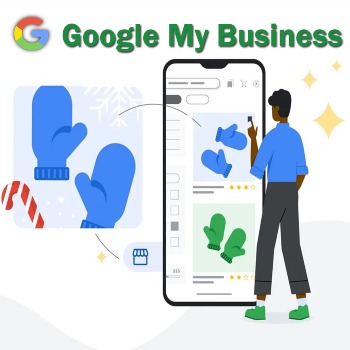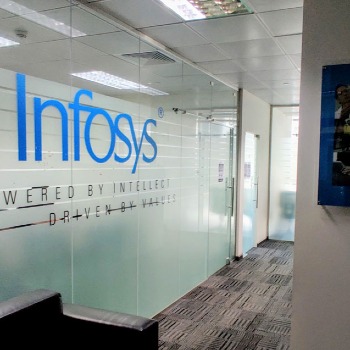Unveiling the Curious Case of Google's Payment to Apple for Safari Search Revenue
In the complex world of technology, where giants like Google and Apple dominate the landscape, a recent revelation has sparked discussions and raised eyebrows. Search engine giant Google has confirmed that it pays Apple a substantial 36% of the search engine revenue generated from Safari users.
The surprising revelation came during Google CEO Sundar Pichai's testimony in a lawsuit filed against the company by Epic Games, developer of the popular video game Fortnite. The lawsuit alleges that Google's dominance of the search engine market is driven by anti-competitive practices, including payments to Apple for Safari exclusivity.
Decoding the Google-Apple Search Revenue Sharing Deal
The arrangement between Google and Apple dates back to 2002, when Apple introduced its Safari browser. As part of the deal, Google became the default search engine for Safari, meaning that when users search for something using Safari, their queries are automatically directed to Google's search engine.
In return for this preferential treatment, Google pays Apple a significant portion of its search engine revenue generated from Safari users. The exact amount of this payment remained a closely guarded secret until Pichai's testimony, which revealed the staggering figure of 36%.
Understanding the Implications of this Financial Arrangement
The implications of this financial arrangement are far-reaching and raise several questions about competition and the balance of power in the tech industry.
-
Maintaining Market Dominance: Google's payment to Apple can be seen as a strategic move to maintain its dominance in the search engine market. By securing Safari exclusivity, Google gains access to a vast user base and ensures that its search engine remains the default choice for millions of users.
-
Revenue Sharing and Interdependence: The deal highlights the growing trend of revenue sharing agreements between tech giants. In this interconnected world, companies are increasingly relying on partnerships and cross-platform integrations to monetize their services and expand their reach.
-
Competition Concerns: Critics argue that Google's payment to Apple gives it an unfair advantage in the search engine market. They contend that this financial inducement essentially allows Google to buy its way to the top, stifling competition and limiting user choice.
Balancing Competition and Collaboration in the Tech Landscape
The Google-Apple search revenue sharing deal is a complex issue with no easy answers. On one hand, it represents the dynamic and often symbiotic nature of the tech industry, where companies collaborate to provide value to their users.
On the other hand, it raises concerns about competition and the potential for market dominance. As technology continues to evolve and permeate every aspect of our lives, it is crucial to strike a balance between fostering innovation and ensuring fair competition.
FAQs
1. Why does Google pay Apple?
Google pays Apple to be the default search engine for Safari, gaining access to a vast user base and generating more advertising revenue.
2. How much does Google pay Apple?
Google pays Apple 36% of all search engine revenue generated from Safari users.
3. What impact does this deal have on the tech industry?
The deal raises concerns about competitive balance in the search engine market and suggests a growing reliance on revenue-sharing agreements among tech giants.
4. Are there any alternatives to this arrangement?
Some experts suggest that Apple could switch to an alternative search engine provider or allow users to choose their default search engine. Others advocate for stricter regulations to prevent anticompetitive practices.
Conclusion
The Google-Apple search revenue-sharing deal is a fascinating example of the intricate relationships that shape the tech landscape. It highlights the challenges of maintaining a competitive market while embracing collaboration and innovation. As technology continues to evolve, it will be essential to find ways to ensure that these partnerships benefit both consumers and the broader industry.
Call to Action
Stay informed about the latest tech news and developments by subscribing to our blog. Share this article with your friends and family to spark discussions about the ever-changing dynamics of the tech industry.



